

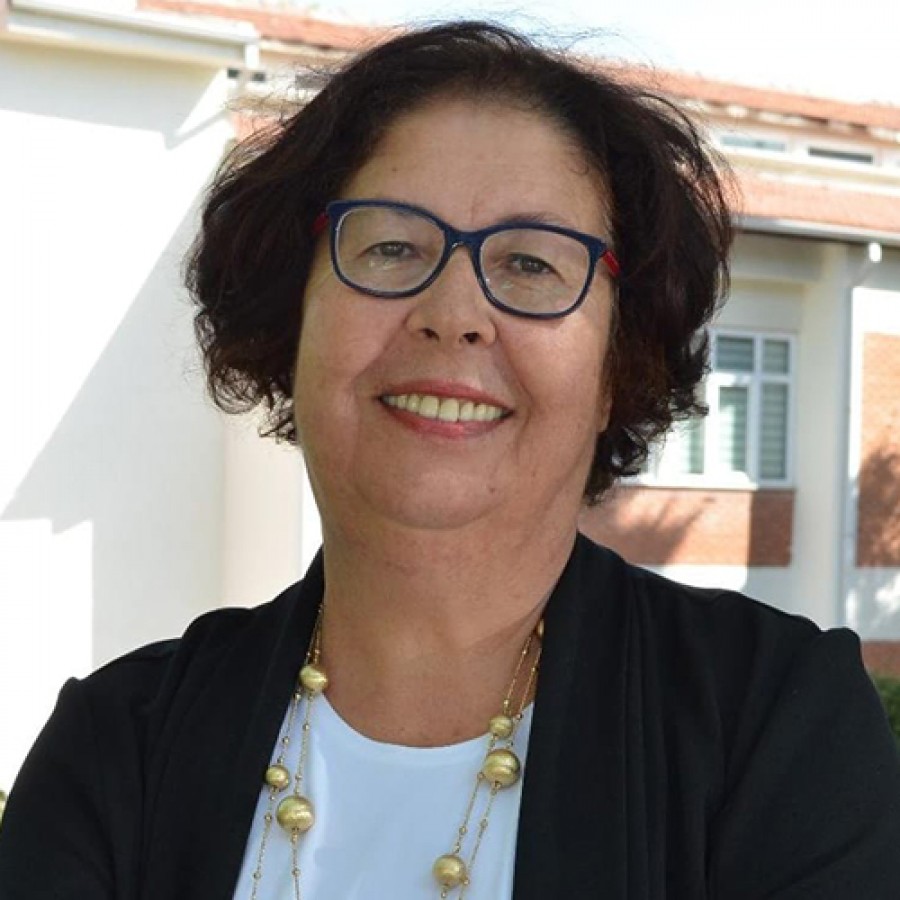
Prof. Dr. Hatice Ferhan Odabaşı
Anadolu Üniversitesi, Türkiye
Biyografi:
H. Ferhan Odabaşı, 1957 yılında Kayseri’de doğdu. İlk ve orta öğrenimini Kayseri’de TED Kayseri Kolejini bitirdikten sonra 1980 yılında Hacettepe Üniversitesi, İngiliz Dil Bilimi bölümünü tamamladı. 1989 yılında Anadolu Üniversitesi, İngiliz Dili Eğitimi bölümünde yüksek lisans, 1994 yılında ise Eğitim Teknolojisi Eğitimi bölümünde doktora eğitimini tamamladı. Halen Anadolu Üniversitesi Eğitim Fakültesi Bilgisayar ve Öğretim Teknolojileri Eğitimi bölümünde öğretim üyesidir. Uluslararası ve ulusal dergilerde basılmış makaleleri, bilimsel toplantılarda sunulmuş bildirileri, yayınlanmış kitapları ve kitap bölümleri bulunmaktadır. Uluslararası ve ulusal düzeydeki birçok projede yürütücü, araştırmacı ve danışman olarak görev alan Prof.Dr. H. Ferhan ODABAŞI’nın ilgi alanları, teknoloji ve sosyal dönüşümler, internet, çocuk ve aile, yükseköğretim eğitimcilerinin mesleki gelişimidir. Prof. Dr. Yavuz ODABAŞI ile evli olan Prof. Dr. H. Ferhan ODABAŞI, iki kız çocuk annesi ve ikiz erkek torun anneannesidir.
Konuşma Başlığı:
Dijitalin Yorgunuyum, Gerçek Hayatın Vurgunuyum
______________________________________________________
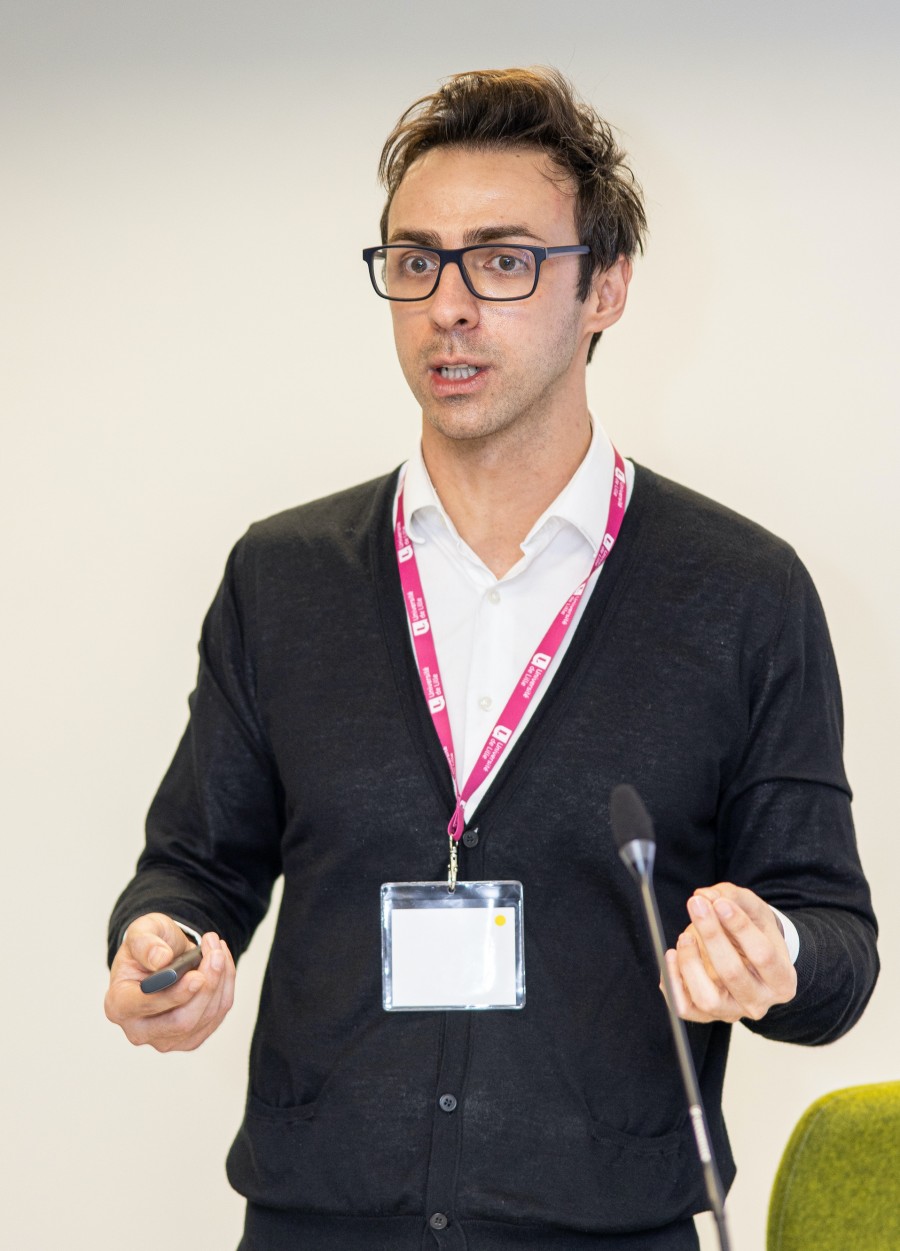
Assoc. Prof. Dr. Mutlu Cukurova
University College London, UK
Bio:
Mutlu Cukurova is an associate professor of learning technologies at University College London (UCL). He is engaged with UNESCO’s unit for Technology and AI in Education, UCL’s Grand Challenges on Transformative Technology, is the co-Editor of the British Journal of Educational Technology and an associate editor of the International Journal of Child-Computer Interaction.
Speech Title:
Multimodal Learning Analytics in Real-world Practice: A Bridge Too Far?
Abstract:
Multimodal Learning Analytics (MMLA) has gathered an increasingly significant amount of interest from the research communities of Learning Analytics and Artificial Intelligence in Education within the last decade. In this talk, I will argue that MMLA can be a dangerous idea. Similar to most dangerous ideas, MMLA has the potential to advance the learning analytics field and educational practice. However, dangerous ideas should be approached with great caution and our first intuition of whether they are advised to be taken forward, or not, require a close examination with research evidence. Here, I will present three different conceptualisations of MMLA with promising research findings for each, but also reflect upon some of the reasons behind their morally troubling nature driven by our recent real-world implementations. Each conceptualisation presented is likely to contribute to educational research and practice to different degrees, and might have a different likelihood of being denounced.
______________________________________________________
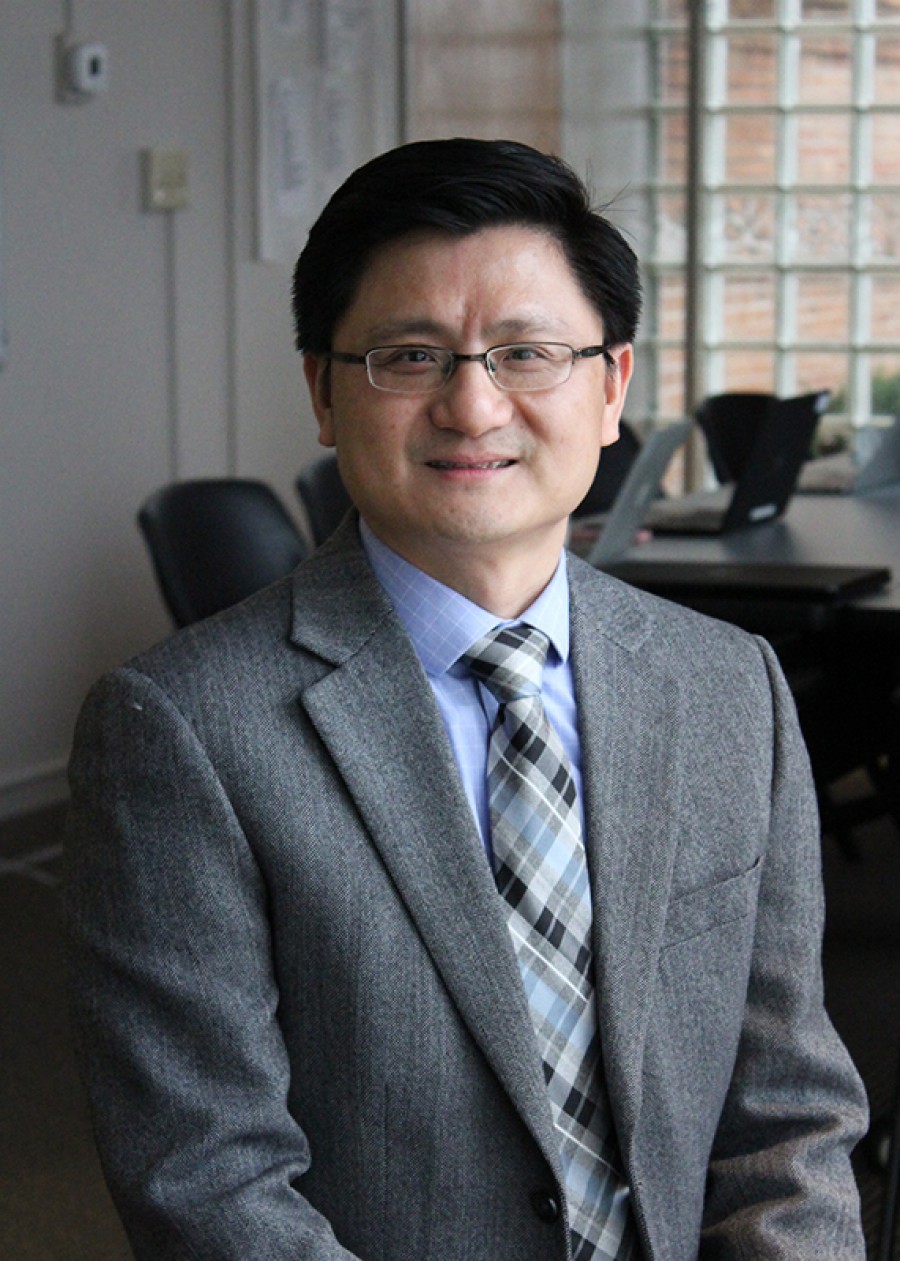
Prof. Dr. Kui Xie
The Ohio State University, USA
Bio:
Dr. Kui Xie is Ted and Lois Cyphert Distinguished Professor and Professor of Educational Psychology and Learning Technologies in Department of Educational Studies at The Ohio State University. He is the director of The Research Laboratory for Digital Learning at OSU. Xie research investigates areas related to motivation and engagement in digital learning, K-12 technology integration and teacher professional development, technology intervention and learning environment, learning analytics and research methods. He focuses on building translational research in partnership with K-12 schools across the state of Ohio. His research has been funded by Institute of Educational Sciences, Ohio Department of Education, Ohio Department of Higher Education, the Spencer Foundation, and various school districts. He has numerous publications in flagship journals in crossover fields of Educational Technology, Educational Psychology, Teacher Education, and others. Xie serves as the associate editor for two journals: The Internet and Higher Education and Frontiers in Psychology. He served as a guest editor for Journal of Research on Technology in Education. He also serves as a member of the editorial board of Contemporary Educational Psychology and Journal of Educational Psychology. He served as chair for American Educational Research Association (AERA) SIG Instructional Technology, SIG Design and Technology, and section chair for Division C Section 3.A. Learning Environments and Section 3.B. Technology-Based Environments. In 2015, Xie was named the Ted and Lois Cyphert Distinguished Professor. In 2017, Xie received the EHE Distinguished Research Award from The Ohio State University. He also received a Chang Jiang Scholar Award from the Chinese Ministry of Education. In 2021, Xie was identified among the top 2% of scientists worldwide according to the rankings published by Elsevier and Stanford University.
Speech Title:
Student Engagement in Online Learning Environments
Abstract:
Student engagement has been recognized as one of the most important factors of learning and achievement in academic settings. Ample evidence in the literature has shown the critical role of engagement leading to academic success. In this talk, I will situate the engagement framework in online learning environments and discuss the specific indicators of engagement in online learning. I will elaborate three aspects of engagement that are particularly important online learning: (1) the multi-dimensionality of engagement (behavioral, cognitive, affective, and social engagement), (2) the situatedness of engagement, (3) the longitudinal nature of engagement. I will discuss methodological issues in engagement research, looking at research methods such as traditional self-reports, experience-sampling method, and learning analytics. In addition, I will discuss approaches to support student engagement in online learning.
______________________________________________________
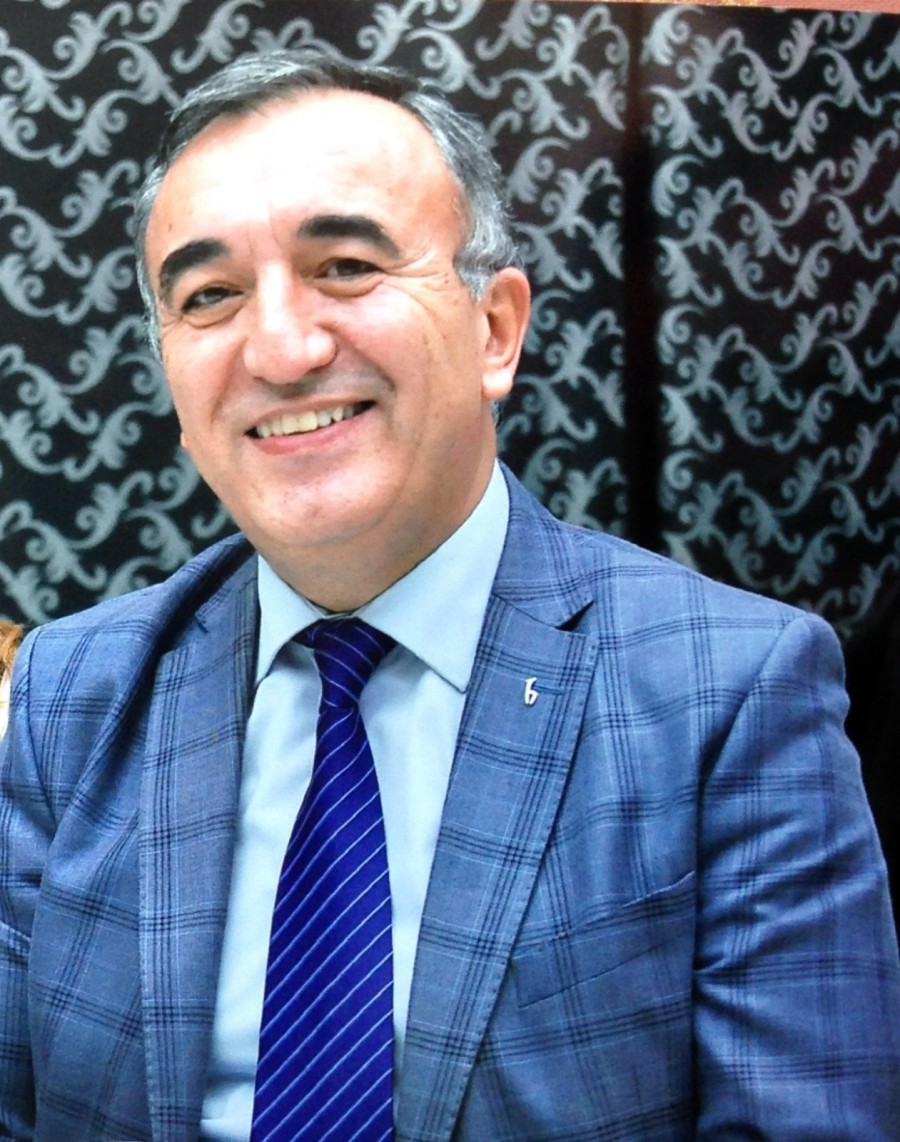
Prof. Dr. S. Sadi Seferoğlu
Hacettepe Üniversitesi, Türkiye
Biyografi:
Hacettepe Üniversitesinde öğretim teknolojileri alanında öğretim üyesi olarak çalışan Süleyman Sadi SEFEROĞLU akademik yaşamına sınıf öğretmeni olarak başladı. Lisans eğitimini “Radyo-TV” ve “Eğitim Bilimleri” alanlarında Ankara’da tamamladı. Lisansüstü derecelerini ABD’de Columbia Üniversitesinden aldı. Columbia Üniversitesinde “National Center for Restructuring Education, Schools, and Teaching (NCREST)” isimli merkezde araştırmacı olarak eğitimde bilgi teknolojilerinin kullanımı konusunda doktora sonrası çalışmalarda bulundu. Dr. Seferoğlu halen Hacettepe Üniversitesi, Eğitim Fakültesi, Bilgisayar ve Öğretim Teknolojileri Eğitimi Bölümünde görev yapmaktadır. “Öğretim Teknolojileri ve Materyal Tasarımı” tasarımı konusunda bir kitabı olan Dr. Seferoğlu, eğitimde teknoloji kullanımının farklı boyutlarıyla ilişkili çok sayıda kitap bölümünde ortak yazar olarak yer aldı. Eğitimde materyal geliştirme, yeni teknolojiler ve öğrenme, öğretmen yeterlikleri, teknoloji politikaları, çevrim-içi öğrenme, mobil öğrenme, bilgi güvenliği, hizmet öncesi ve hizmet-içi öğretmen eğitimi, İnternet risk ve tehditleri, dijital bağımlılık, sosyal medya, çocuk ve medya mesleki ilgi alanları arasındadır.
Konuşma Başlığı:
Bilgi Çağından Yanlış Bilgi Çağına Geçiş Sürecinde Dijital Oburluk, Dijital Obezite ve Dijital Bağımlılık
Özet:
Dijital dönüşüm sürecinin toplumsal yaşamın bütün katmanlarında çok hızlı bir şekilde yaşandığı günümüzde her yaştan kullanıcı dijital teknolojileri farklı amaçlarla kullanmaktadır. Dijital teknolojilerin kullanımı özellikle salgın döneminde giderek hızlı bir ivme kazanmış ve çeşitlenmiştir. Öte yandan dijital teknolojilerin kontrolsüz kullanımı birtakım sorunlara da yol açabilmektedir. Bilgi akışı, bildirimler, bilgilendirmeler çok seri bir şekilde ve üstelik çeşitli kanallar kullanılarak yapılmaktadır. Bu sürecin bir sonucu olarak geleneksel oburluğa benzer bir şekilde dijital oburluk yaşanmaktadır. Bu oburluk dijital obeziteye ve dijital bağımlılığa dönüşmektedir.
Bilgi çağından yanlış bilgi çağına geçiş olarak tanımlanan bu çağda bu durumların olumsuz sonuçları her yaştan ve/veya kesimden kullanıcıları farklı şekilde etkilemektedir. Ancak özellikle sosyal medya kullanıcıları arasında çocukların ve gençlerin oranı düşünüldüğünde bu kesimin bu olumsuzluklardan daha çok etkilendikleri söylenebilir. Bu sorunun yaşamsal düzeydeki olumsuz sonuçlarını en aza indirmek için bütün toplumların gereken önlemleri almaları sağlıklı bir toplum açısından önem arz etmektedir.
______________________________________________________
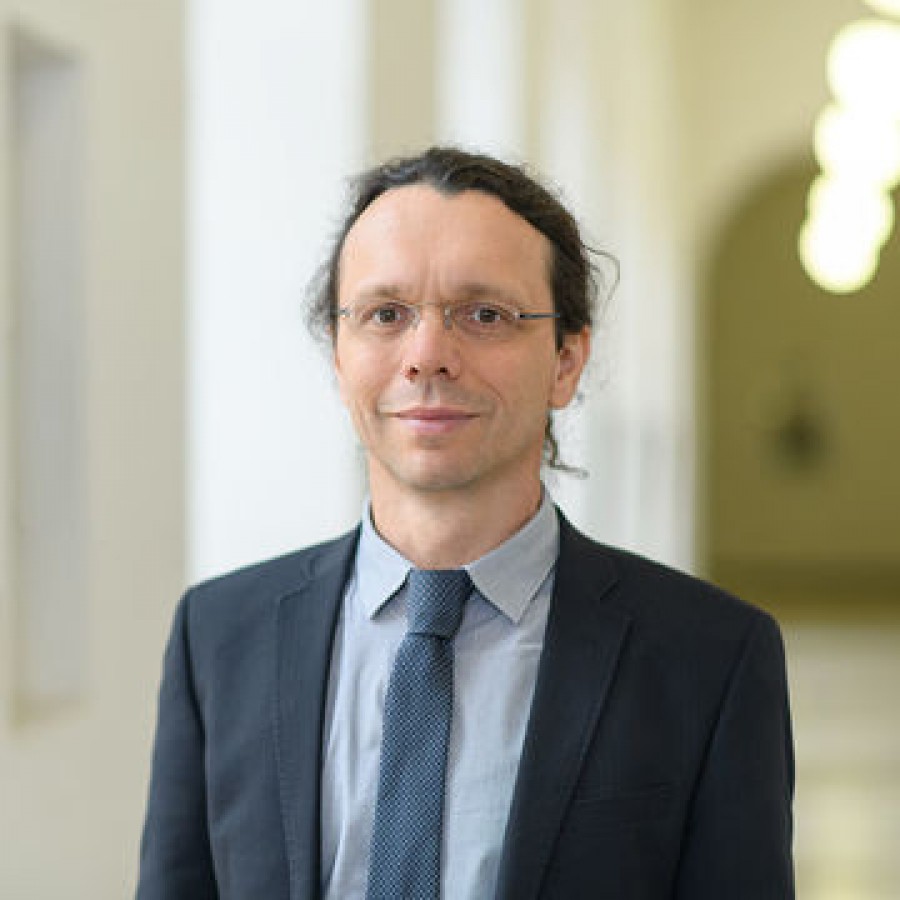
Prof. Dr. Dirk Ifenthaler
University of Mannheim, Germany
Curtin University, Australia
Bio:
Dirk Ifenthaler is Professor and Chair of Learning, Design and Technology at University of Mannheim, Germany and UNESCO Deputy Chair on Data Science in Higher Education Learning and Teaching at Curtin University, Australia. Dirk’s research focuses on the intersection of cognitive psychology, educational technology, data analytics, and organisational learning. His research outcomes include numerous co-authored books, book series, book chapters, journal articles, and international conference papers, as well as successful grant funding in Australia, Germany, and USA. He is the Editor-in-Chief of the Technology, Knowledge and Learning and Senior Editor of Journal of Applied Research in Higher Education (www.ifenthaler.info • dirkifenthaler.info).
Speech Title:
Adoption of Learning Analytics – Data-driven vs. Data-demand
Abstract:
Recent research focussing on the adoption of learning analytics reports high interest among educational organisations. At the same time, the maturity level of available organisation-wide learning analytics systems is still low; i.e., organisations are aware of learning analytics and start experimenting with dashboards for students and teachers. However, they are far from organisational transformation. Accordingly, learning analytics remains an interest for educational organisations rather than a major priority. In this keynote speech, current research findings regarding the effectiveness of learning analytics are critically examined and implications for organisational change as well as pedagogical practice will be provided. Examples of actionable frameworks and adoption models for successful integration of learning analytics systems into educational organisations will be presented, and challenges encountered during the adoption of learning analytics in educational organisations will be highlighted.
______________________________________________________
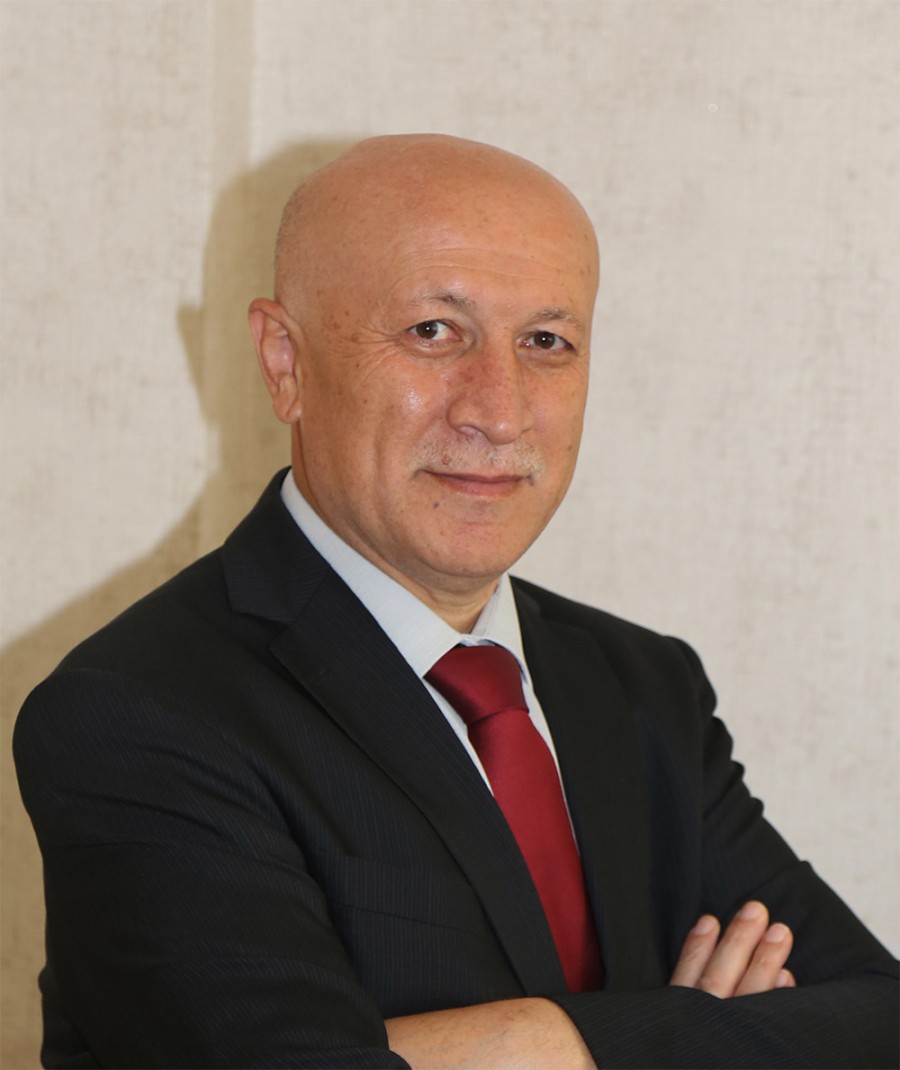
Prof. Dr. Mustafa Yaşar
Karabük Üniversitesi, Türkiye
Biyografi:
Prof. Dr. Mustafa Yaşar Karabük Üniversitesi Teknoloji Fakültesi öğretim üyesidir. Ayrıca Karabük Üniversitesi Rektör Yardımcılığı görevi bulunmaktadır.
Konuşma Başlığı:
Eğitime Yön Veren Teknolojiler ve Örnek Sanal Gerçeklik Uygulamaları
Özet:
Eğitime yön veren teknolojiler ve bu bağlamda Karabük Universitesi’nde uygulanan Sanal Gerçeklik Uygulamaları hakkında bilgi verilecektir.